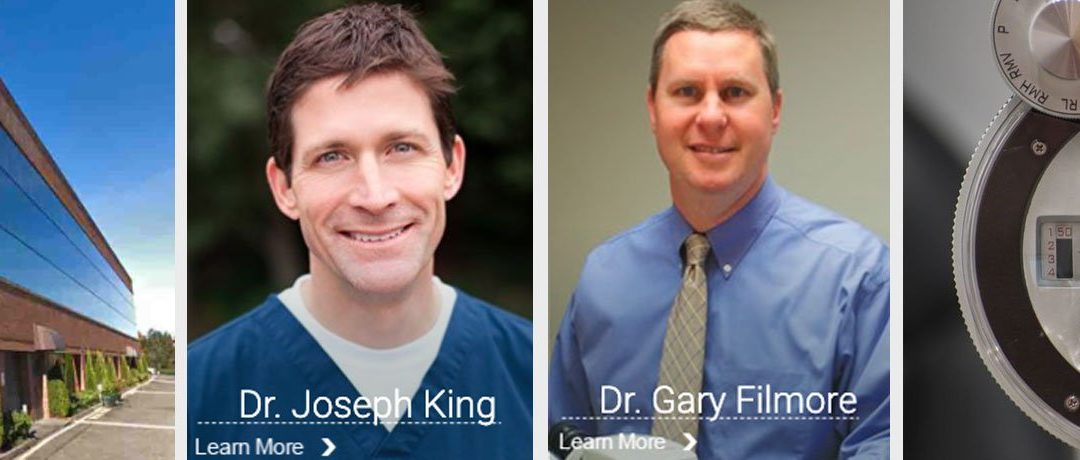EYE DISORDERS THAT IS COMMON IN OLDER ADULTS
The natural aging process is a part of life. There are certain advantages to getting older, including having more free time during retirement, seeing your family evolve and perhaps having more confidence in the decisions you make. Of course, there are certain disadvantages to the aging process as well. For instance, there are a few eye disorders that often affect older adults. Let’s take a look at some of the most common ones.

Cataracts
A cataract is the progressive clouding of the eye’s natural crystalline lens, and can cause increasingly blurry vision. In its early stages, cataracts can be treated with glasses or contact lenses. Eventually, however, a cataract may advance to the point that surgery is needed to remove the cataract-diseased eye lens and replace it with an artificial lens.
Although anyone can develop cataracts at any age (some babies are born with them), the risk for developing a cataract increases with age. In fact, by the age of 80, over half of all Americans have a cataract or have had cataract surgery to remove the cataractous lens.
There’s no need to worry if you have cataracts, though. Cataract surgery is a common procedure that can restore sight.
Age-Related Macular Degeneration (AMD)
There are different types of problems that can affect the macula, but as the name of this particular eye condition suggests, the macula often degenerates as part of the body’s natural aging process. The macula is located in the center of the retina, which is responsible for central vision. As the macula degenerates, individuals may experience blurred vision (especially in the central vision), dark spots and perhaps a complete loss of central vision.
Unfortunately, there isn’t a cure for AMD. However, studies have shown that taking zinc and antioxidant vitamins might help slow the progression of the eye condition.
Glaucoma
Glaucoma is characterized by extra intraocular pressure, or pressure in the eye. This build-up of intraocular pressure can start to press against the optic nerve, the fiber that transmits visual signals to the brain where they are translated into the images we see. In its most advanced stage, glaucoma can cause a permanent loss of vision.
Anyone can get glaucoma, but being over the age of 60 is an increased risk factor for the eye disease. Fortunately, there are several treatment options to help prevent vision loss, including eye drops, oral medications, laser surgery or a combination of these approaches. However, once vision loss due to glaucoma has occurred, it cannot be reversed, so it early detection is crucial.
Presbyopia
Presbyopia, which is farsightedness that occurs with age, affects almost everyone, starting in their mid to late 40s. That is why you may notice that many older adults use reading glasses, even if they had perfect vision their entire life up until that point.
Most people believe that presbyopia occurs as the eye’s lens loses its elasticity and cannot change shape as easily as it once did.
Aside from using reading glasses, vision correction surgery might be a suitable treatment option for those with presbyopia. For example, certain individuals may be suitable candidates for LASIK surgery in Portland, which can be used to create monovision for patients with presbyopia. (Monovision is when the surgeon corrects one eye so it can see up close and leaves the other eye with the ability to see in the distance. Over time, many people are able to adjust to monovision, so they can see at both distances).
Learn More
Although it may sound scary to hear about these age-related eye conditions, you should not worry. With early detection, many of these conditions can be treated or at least slowed. However, early detection is essential for optimal vision correction results, so be sure to keep your regular eye exam appointments. That way, an experienced King LASIK ophthalmologist can monitor the health of your eyes over the years and provide you with any necessary treatments.
To schedule a complimentary assessment of your eye health, please contact King LASIK by calling (877) 551-2020.

